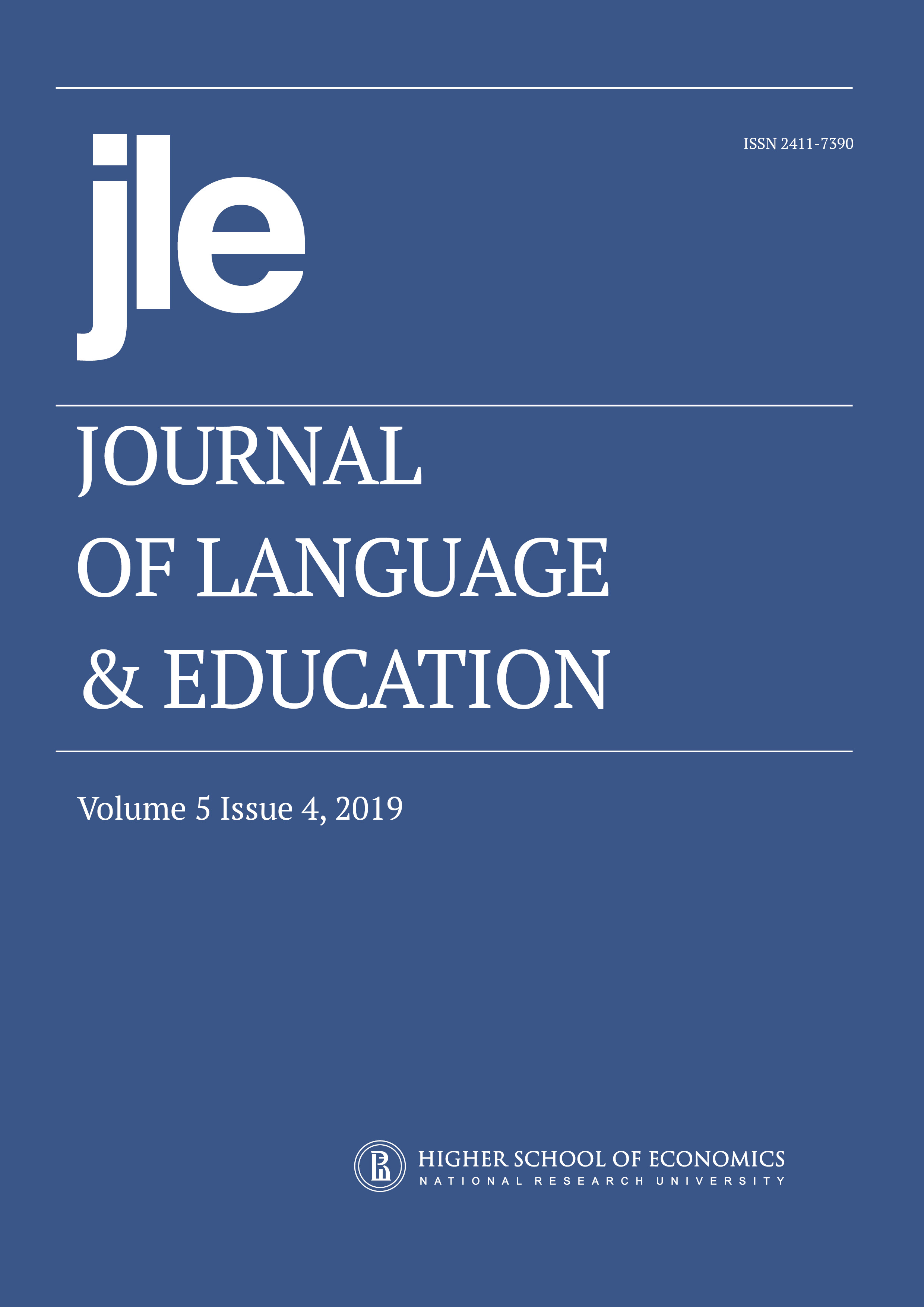Development of Foreign Language Education in China under the Belt and Road Initiative
Abstract
China’s launch of the Belt and Road Initiative (BRI) has had profound linguistic implications on its foreign language education policy. Successful foreign language programs are vital to any country’s national security and global interest promotion. An analysis of China’s current foreign language education with the BRI compliance will provide the backdrop for this paper’s suggestions. The challenges and opportunities associated with the development of foreign language education in today’s China will be analyzed under these four aspects: 1) improving in the variety and quality of foreign language education, 2) developing students’ international and intercultural competence, 3) deepening general education in target languages, and 4) strengthening English as the lingua franca for expertise training. Even with the significant progress made thus far since 40 years of “Reform and Opening-up”, China still has a long way to go in developing its national foreign language capacity to serve its expanding national interests for development.
Downloads
Copyright (c) 2019 National Research University Higher School of Economics

This work is licensed under a Creative Commons Attribution 4.0 International License.
Authors who publish with this journal agree to the Copyright Notice.






